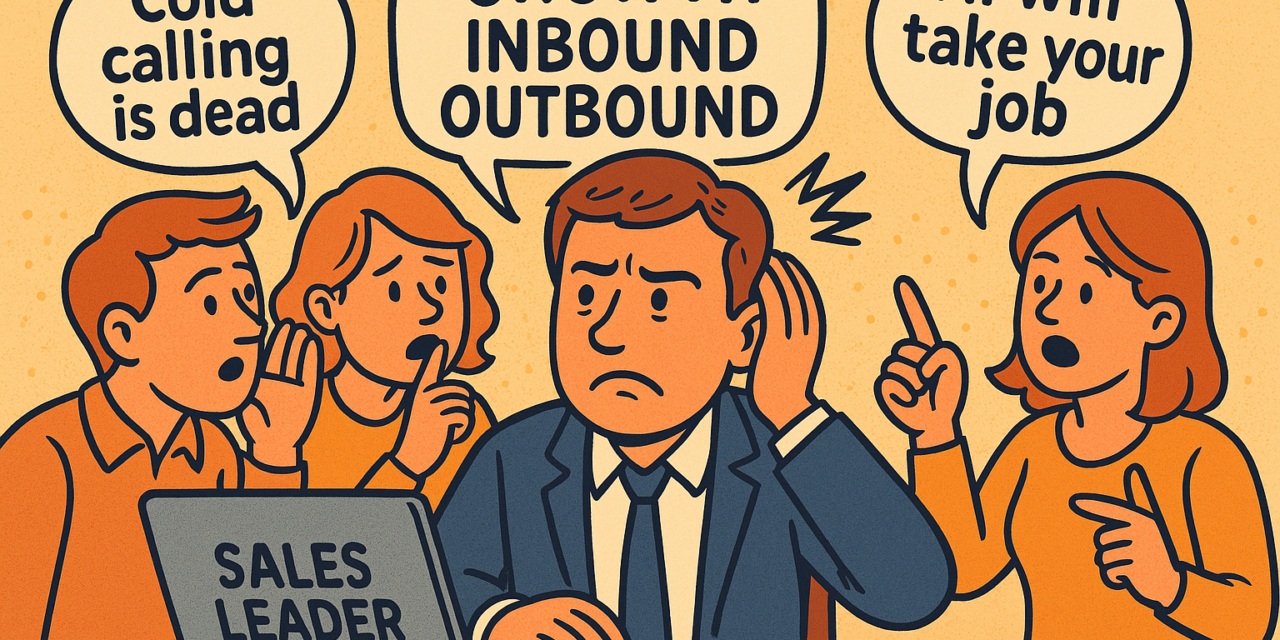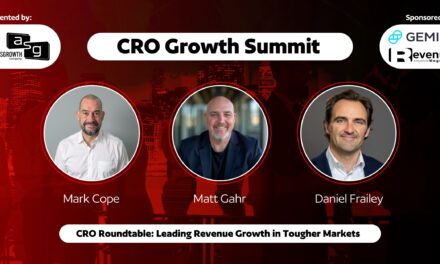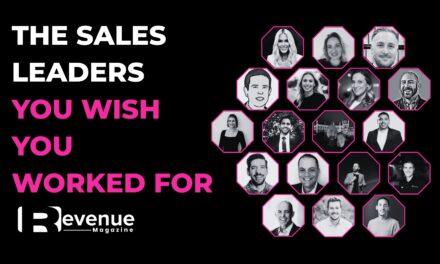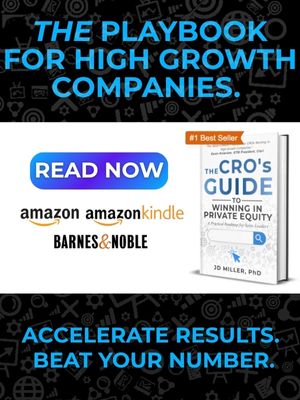
OPO (Other People’s Opinion) Hurting you Growth?

The Basis of B2B Growth Depends on Data Rather Than Opinions
There’s a lot of noise out there. Some gurus claim that cold calling has become obsolete. Other people believe that email marketing is ineffective. AI either protects your team from failure or takes your position at work. No one understands what statement to trust.
In my experience managing B2B business growth I’ve found that opinions produce a lot of noise, but data provides precise clarity.
Our goal requires us to avoid making random choices. We need to avoid using previous quarter success or LinkedIn current trends as our foundation. We need to analyze our specific data and remain prepared to adjust our approach when our data indicates changes.
Stop Guessing. Start Testing.
The expression “you can’t measure what you can’t manage” stands as a proven fact. But here’s the next step: what gets tested gets better.
A data-driven approach to growth begins with asking specific questions.
The following channels deliver the highest number of leads between email and LinkedIn and cold calls.
- Which message gets the most replies?
- Which message gets the most replies?
- Which industries and titles should we focus on for our efforts?
The only way to answer these is to test small changes, measure the results, and keep improving.
The effectiveness of your cold calls depends on starting with a problem that matters to your prospect. Your emails probably fail because your messages focus on you not the customer and they just don’t stand out. You won’t know until you look.
Refinement is the Real Secret
Most people fail to grasp that having the right answer at first is not the complete solution. The market moves. Buyer behavior shifts. A strategy successful during Q1 could become ineffective in Q3.
That’s why refinement is not a one-time thing. It’s an ongoing loop. Here’s how I think about it:
1. Look at the data. What is and isn’t working?
2. Make a small change. Don’t overhaul everything. Tweak one thing. How do you know what’s working if you change multiple things?!
3. Test and measure. Did it help, hurt, or do nothing?
4. Repeat. Keep improving, step by step.
This loop builds momentum. Through time small increments of progress result in substantial outcomes. The process maintains your team’s focus on acquiring knowledge rather than making random assumptions.
Real Growth Happens in the Refinement Loop
Let me give an example. We had a campaign that was underperforming. The open rates were okay, but the reply rates were low. We examined the data instead of discarding the campaign.
We observed that the email subject lines generated good performance yet the main email content caused people to exit. We tested a single modification by placing the CTA at the beginning of the communication. Replies jumped 30%.
That didn’t come from a hunch. The result emerged from a structured process which included:
- Measure
- Adjust
- Improve
This is how we get better. Not by doing more, but by improving every time.
Stay away from following trends because your business data should serve as your guide.
Everyone has an opinion. AI will change everything. Cold calling is back. Email is dead (until it’s not). Certain statements contain valid information about your business, yet your data understands your operations better than anyone else does.
Check your company statistics before joining the crowd:
What’s your conversion rate by channel?
How long does it take a lead to move through your pipeline?
Which campaigns bring in customers, not just clicks?
Your business strategy should be guided by the data you collect rather than external noise.
Final Thought: Stay Curious
Data isn’t just about numbers. It’s about learning. The top growth leaders I know don’t possess all the right answers. They’re the ones asking better questions and have checked their ego at the door!
Through continued curiosity and data listening and constant refinement you will develop enduring results. In B2B growth, the people who win aren’t the loudest. Those who succeed are the learners who adapt the quickest.
Your business strategy should be guided by the data you collect rather than external noise.
































